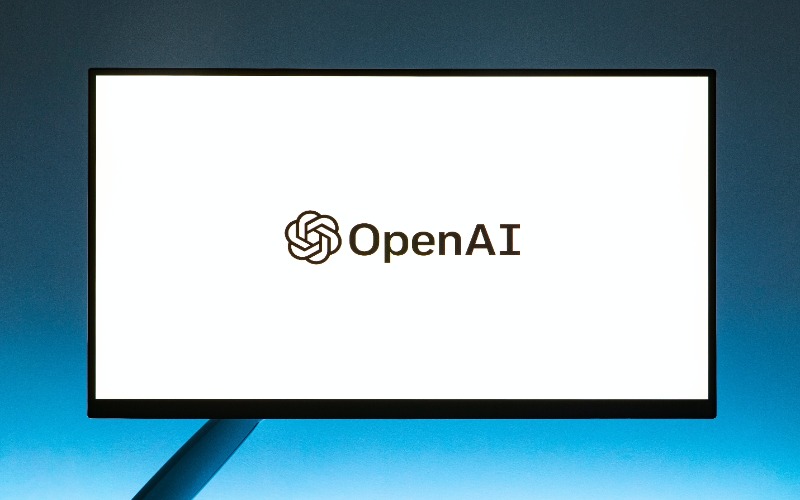Lots has happened this past week in the tech world! With a new generative AI model for Mastercard, Congress pushing for stricter social media regulations, Volkswagon launching a new AI lab, and more, there’s much to catch up on. So, let’s get started!
New Generative AI Model for Mastercard
Mastercard has developed its own exclusive generative artificial intelligence model to assist thousands of banks within its network in identifying and eliminating fraudulent transactions. In an exclusive statement to CNBC, the company revealed that its innovative AI model, Decision Intelligence Pro, enables banks to enhance the real-time evaluation of suspicious transactions on its network, distinguishing between legitimate and unauthorized activities.
Ajay Bhalla, the President of Mastercard’s Cyber and Intelligence Business Unit, shared in an exclusive interview with CNBC that the newly introduced AI solution is a proprietary recurrent neural network, a fundamental component of generative AI. This model was made from scratch by Mastercard’s cybersecurity and anti-fraud teams. Bhalla explained that the company employs transformer models, leveraging the capabilities of generative AI, and emphasized that the entire system is developed in-house, utilizing diverse data derived from the business ecosystem.
Congress Pushes for Stricter Social Media Regulations
A new Senate hearing centered around online child safety. Expressing his frustration, Senator Thom Tillis issued a warning to Meta CEO Mark Zuckerberg, TikTok CEO Shou Zi Chew, X CEO Linda Yaccarino, and other top social media company leaders during a Senate hearing, stating, “We could regulate you out of business if we wanted to.” Lawmakers, including Tillis, accused the tech executives of neglecting to safeguard children from exploitation on their social media platforms.
The Senate Judiciary Committee hearing, filled with concerned parents, became tense, with Senator Josh Hawley, R-Mo., compelling Zuckerberg to apologize directly to parents who believed Meta’s Facebook and Instagram apps had contributed to their children’s deaths.
Child safety and anti-big tech advocates hope the hearing will catalyze efforts to regulate social media firms through proposed bills like the Stop CSAM Act and the Kids Online Safety Act (KOSA).
Volkswagen Launches New AI Lab
On Jan. 31, Volkswagen announced the establishment of its artificial intelligence lab, signaling the automotive industry’s increasing interest in adopting this cutting-edge tech. According to a press release, the newly formed AI lab will function as a “globally networked competence center and incubator,” focusing on creating proofs of concept related to advancements in the automotive sector.
Volkswagen outlined its intention to integrate AI innovations from the lab into its vehicles to enhance their intelligence. CEO of the Volkswagen Group and Porsche AG, Oliver Blume, expressed the company’s commitment to delivering genuine value to customers through artificial intelligence, aiming to connect external digital ecosystems with vehicles for an improved product experience.
OpenAI Collaborates With Common Sense Media
Day one of the #CommonSenseSummit on America’s Kids and Families has wrapped and it was full of engaging discussions and promising solutions around the future of kids and families… pic.twitter.com/tfjeNwxnyD
— Common Sense Media (@CommonSense) January 30, 2024
On Jan. 29, OpenAI announced its collaboration with Common Sense Media in an initiative aimed at guiding teenagers on the safe and responsible use of artificial intelligence (AI). OpenAI CEO Sam Altman expressed the desire to develop a tool that is not only safe but also widely accessible to teens as part of their educational experience.
Common Sense Media, a nonprofit organization dedicated to ensuring technology’s safety for children, has been working on an AI ratings and review system. This system intends to provide parents, children, and educators with insights into the risks and benefits of technology, addressing questions such as whether AI encourages a love of learning in youth, respects human and children’s rights, and has the potential to spread misinformation.
PayPal Cuts 9% of Its Workforce Globally
In an internal communication, PayPal CEO Alex Chriss announced on Jan. 30 that the company plans to reduce its global workforce by 9%, equivalent to 2,500 jobs. The workforce reduction will impact both existing positions and planned hires, unfolding gradually over the year. Chriss explained in the memo that the aim is to enhance focus and efficiency across the organization, implement automation, and streamline technology to minimize complexity and redundancy. Affected employees will be notified by the end of the week.











